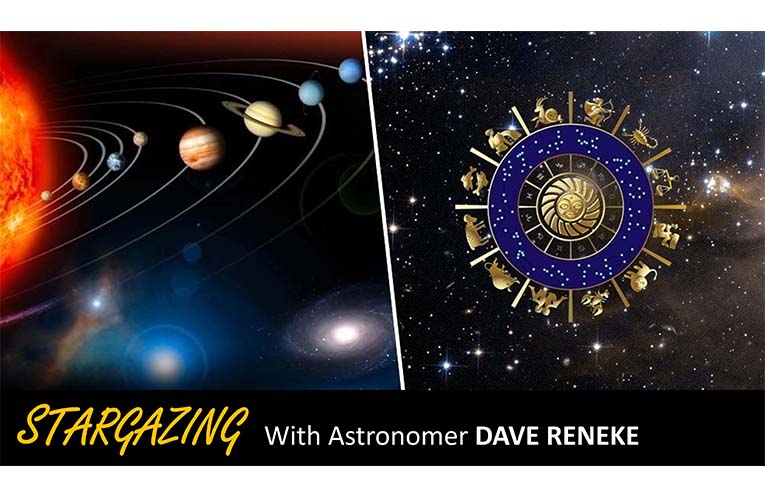
GAZING at the night sky, a tapestry of twinkling diamonds, has ignited curiosity and wonder since the dawn of humankind.
Stars have guided travellers, inspired artists, and fuelled both scientific inquiry and fantastical beliefs.
But two distinct fields have emerged from this shared fascination: astronomy, the rigorous pursuit of celestial knowledge, and astrology, the ancient art of interpreting the stars’ influence on human lives.
Their differences are vast and fascinating.
Astrology boasts a rich history, dating back millennia.
From the Babylonians charting constellations to the Greeks weaving myths around the zodiac, our ancestors sought meaning and order in the cosmos.
They believed celestial bodies held sway over earthly affairs, dictating personal destinies, societal cycles, and even the rise and fall of empires.
This belief system, deeply embedded in culture and religion, fuelled astronomical observation, and laid the groundwork for later scientific advancements.
However, as scientific methods evolved, astronomy branched off.
Telescopes replaced naked eyes, meticulous calculations replaced symbolic interpretations, and the focus shifted from predicting human events to understanding the universe’s fundamental laws.
Astronomy shed its mystical cloak and embraced the rigorous pursuit of verifiable knowledge, becoming a cornerstone of modern science.
Imagine two friends gazing at the same star.
The astronomer, armed with a telescope and scientific knowledge, might be analysing its composition, temperature, and distance from Earth.
They’d be seeking to understand the star’s place in the grand cosmic dance, its life cycle, and its potential for harbouring life.
The astrologer, on the other hand, might associate it with a specific zodiac sign, believing its position affects personalities, relationships, or even major life events.
Their interpretation would be based on a belief system, passed down through generations, rather than on rigorous scientific testing and data analysis.
This brings us to the crucial point: astrology is not a science.
While it shares a common ancestor with astronomy, it lacks the rigorous methodology that defines the scientific method.
Numerous studies have found no correlation between celestial alignments and human behaviour, personality, or life events.
Yet, the allure of the stars remains strong.
Millions worldwide read their daily horoscopes, seeking guidance and comfort in the celestial soap opera.
This isn’t surprising.
Astrology taps into a primal human desire to understand ourselves and our place in the universe.
It offers a narrative framework, a sense of connection to something bigger than ourselves.
So, should we dismiss astrology entirely?
Not necessarily.
It serves a cultural purpose, providing a shared language and narrative, and encouraging introspection and self-reflection.
It can even spark curiosity and lead people to explore the wonders of the actual cosmos.
The key is to appreciate both astronomy and astrology for their distinct roles.
Astronomy empowers us with knowledge, revealing the awe-inspiring reality of the universe.
Astrology, while not scientific, offers a lens through which we can contemplate our place in the grand scheme of things.
Ultimately, whether you see the stars as celestial data points or celestial storytellers, remember, they hold the power to ignite both scientific inquiry and personal wonder.
So, the next time you gaze at the night sky, let your curiosity soar, but remember, the true magic lies not in predicting your future, but in understanding the incredible reality of our universe.
By Dave RENEKE, Astronomer
